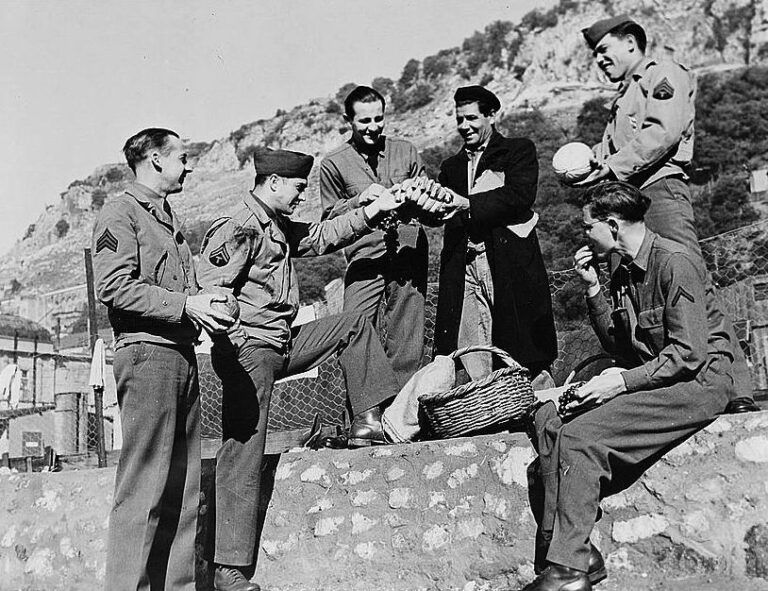This entry sketches a matrix for conceptualizing race in/ and North Africa that takes Arabness, indigeneity, Islam, the Sahara, and slavery as orienting keywords. It suggests an approach to a geopolitically-grounded whiteness as social currency and aspiration that is both based in specific regional economic history and also reaches outward toward globally-circulating formations of racial hierarchy. Acknowledging the distinct legal, colonial, and state histories under and through which racialization has proceeded in North and Saharan Africa since the dissolution of the Ottoman Empire, this entry aims to draw out the ethical imaginaries through which bodies have been marked and categorized in this region. These ethical imaginaries have operated through their attendant languages, memories, and performances to enable racisms and colorisms with violent and enduring material consequences. Under the headings “Racialized Enslavement,” “Whiteness and Arabness,” “Race and the Sahara,” and “Race in North African Popular Culture,” I offer brief introductions to these discursive formations, histories, and conceptual intersections and offer suggested readings for each.
Articles by Leila Tayeb
Leila Tayeb is a Humanities Research Fellow at NYU Abu Dhabi focused on performance and politics in North Africa. She earned her PhD in Performance Studies from Northwestern University in 2018. Tayeb’s current book project is an ethnography exploring political contestation through sound in urban Libyan daily life during the years after 2011. Her writing has appeared in the Arab Studies Journal, Communication and the Public, and the Journal of North African Studies, among others. She is a founding editorial collective member of Lamma: A Journal of Libyan Studies.
